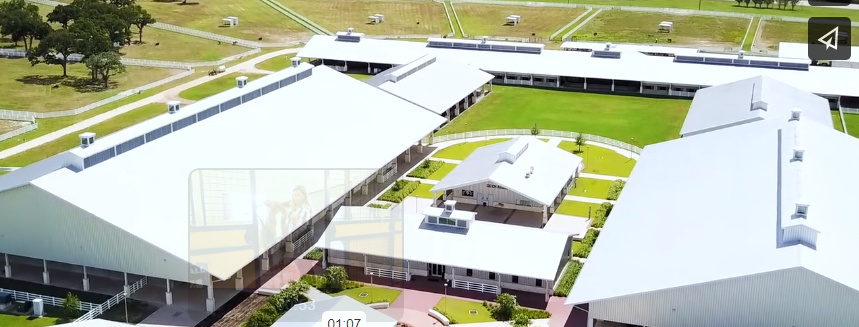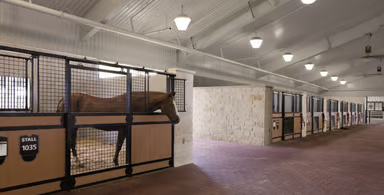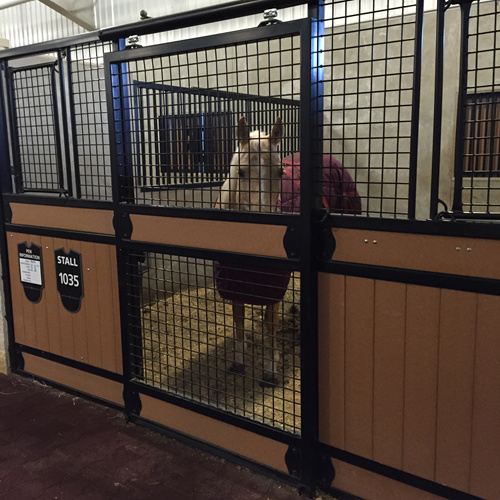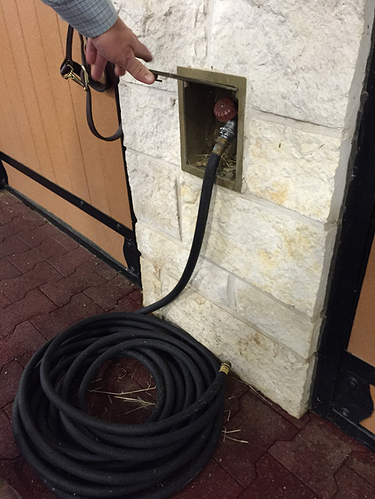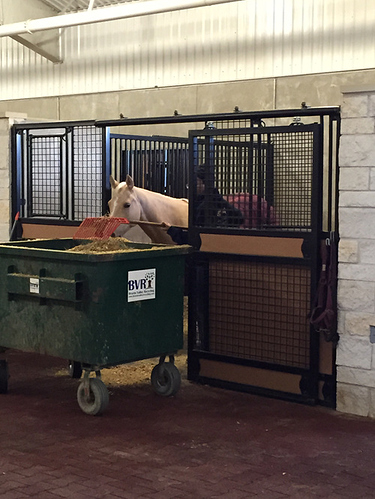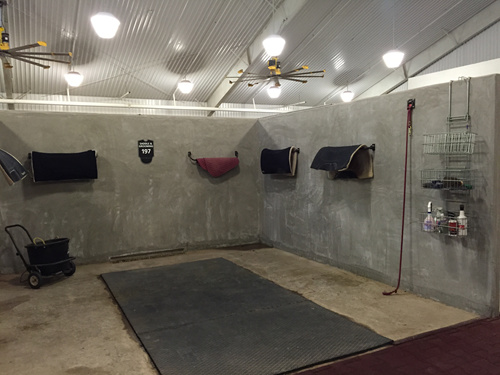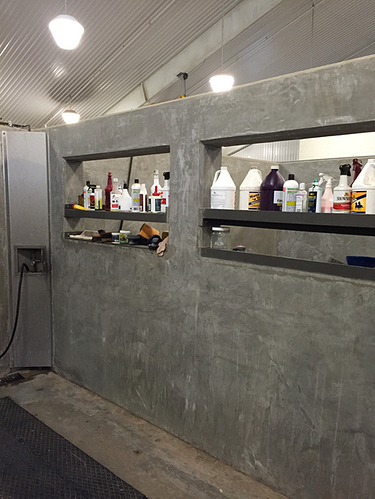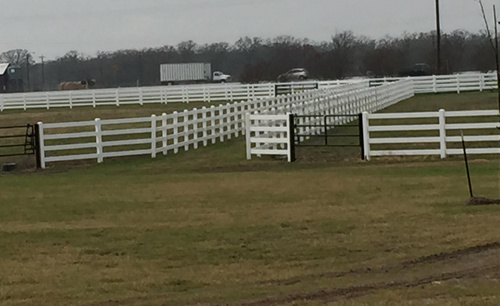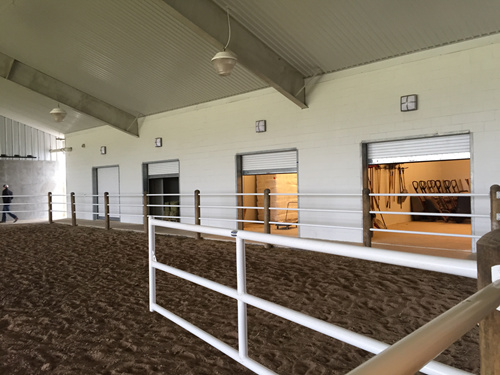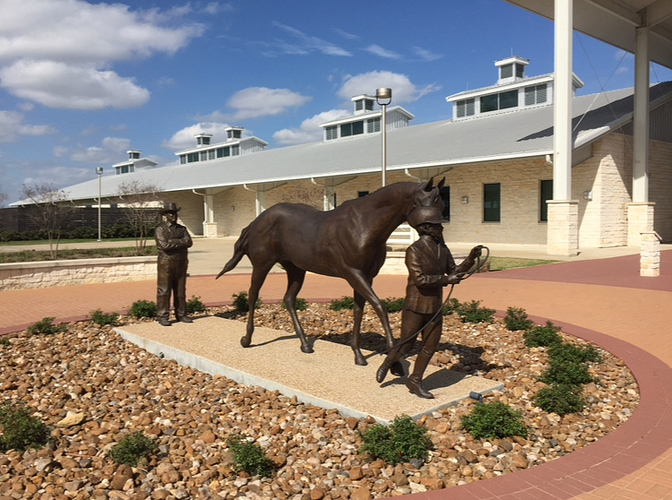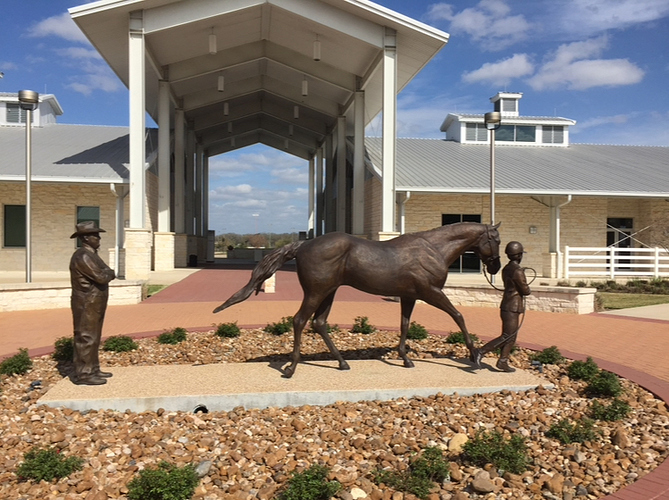I have no horse in this race, and quite frankly think this whole discussion about making such major (and expensive) life decisions around riding horses is bananas! Someone just asked about why D1 would attract interest, and I answered.
I was a D3 athlete on a softball team for one season (recruited out of a very mediocre public high school), but left after my freshman year because it interfered with my ability to take an extra course for free every semester as part of the Scholars (Honors) Program that I was in. I went to a small liberal arts college where sports were no big deal, except hockey, which was D1. Most of those slots were filled by Canadian students looking for a path to the NHL and they were not really much a part of the college culture (nor generally successful at going on to the NHL).
I wouldn’t trade my college experience for anything, and it put me light years ahead in my PhD program, which I went to fully funded. And in turn, that PhD gave me job opportunities that allow me to have a beautiful farm and horses in my early 40s. So if I were in the position of advising a teen about these kind of decisions, I would be focusing wholly on academics, not riding. There’s plenty of time for that as a hobby later in life.


